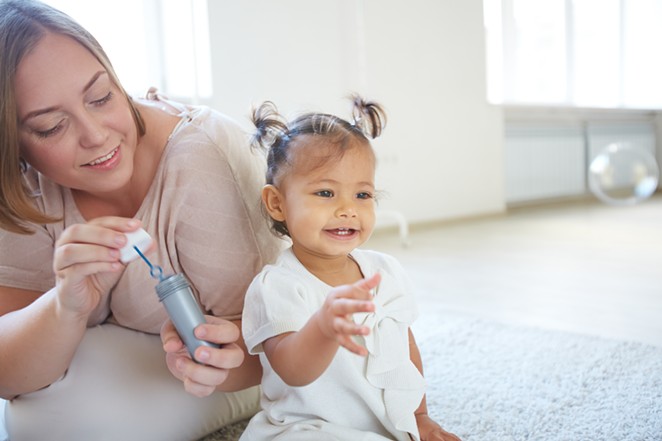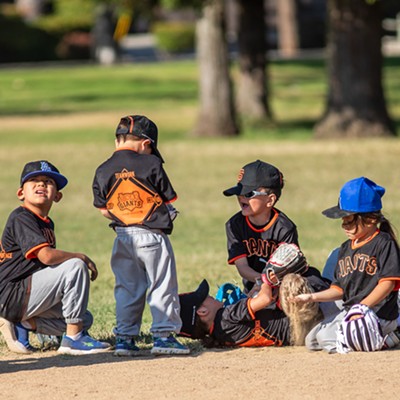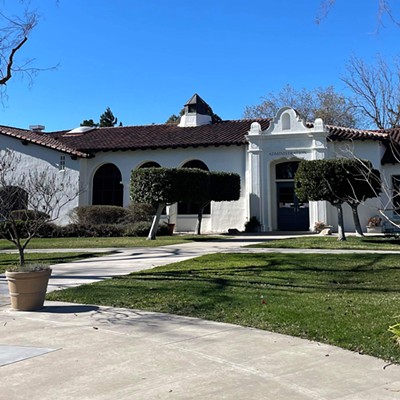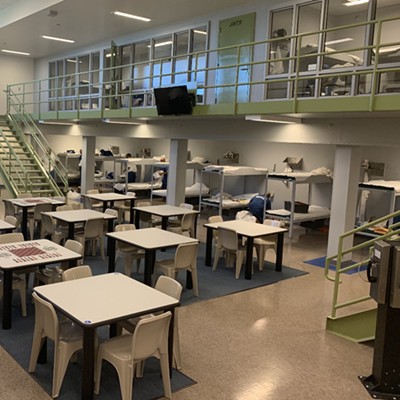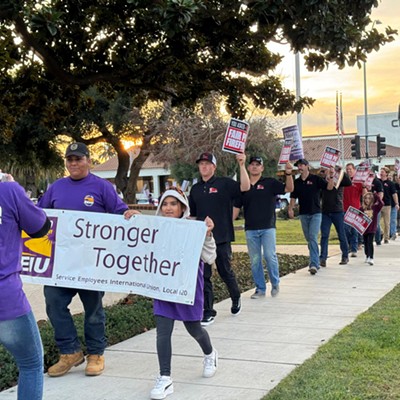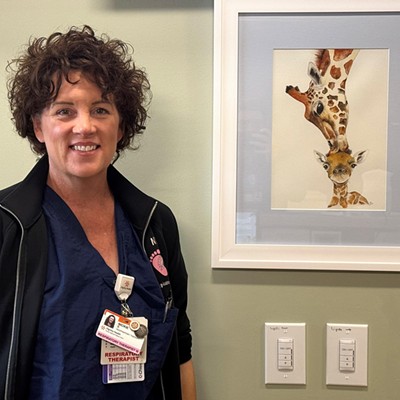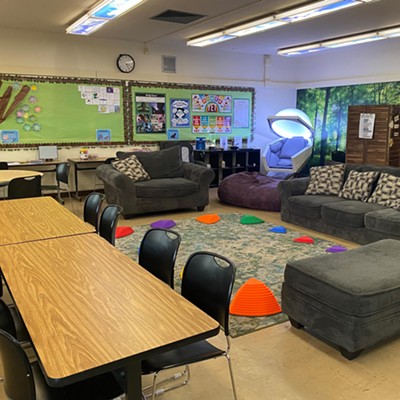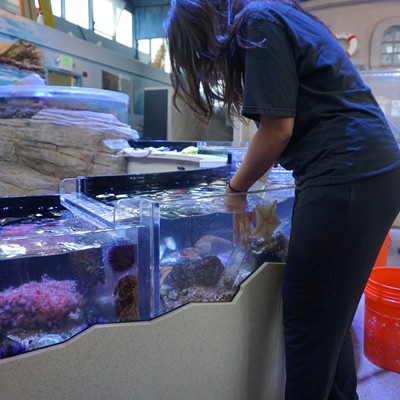The Court Appointed Special Advocates (CASA) of Santa Barbara County served an estimated 509 children going through the court system in 2023, Executive Director Kim Colby Davis said.
CASA becomes involved in a child’s life after the court and county social workers have decided that they need to intervene for the child’s safety and well-being. The nonprofit’s volunteers work with social workers, biological parents, teachers, and foster parents to gather information and create a report for a judge so they can make the best legal choice for the child’s outcome.
While CASA has seen around 500 children annually over the last couple of years, the team helped the same number of children in 2023 despite the fact that volunteer recruitment has been “really down considerably,” Colby Davis said.
“I think that as we came through the COVID era, we have felt a shift [in] how people prioritize their time. More people want to help with a one-time, quick project,” she said. “That’s our biggest challenge; being a CASA volunteer is a commitment of 12 to 18 months to see through their first case to completion where the child gets through the process of being in foster care and closes their case into some type of permanent home—whether it’s with their parents or an adoption.”
As of Dec. 27, CASA had about 159 volunteers, when they would normally have about 225. In the 2023 calendar year, CASA had 232 active volunteers and normally it would see 275 or 290, Colby Davis said. As of the same date, 46 children were on the waiting list.
“At one time we had over 200 children on the wait-list, so we have been working really hard to serve all the children and we feel like we’re getting there, but it’s an urgent need,” she said.
In order to close the gap between children and services, CASA is launching monthly in-person training sessions, starting in January, in hopes that more people will apply to become a CASA volunteer, Colby Davis said. After filling out an initial application and going through a screening interview, people can begin their 10-hour online training at their own leisure. Once that’s completed, they go to in-person sessions for four nights (10 hours total).
“There’s also a component when they get far into it where we have them do courtroom observation, which is unique because … it’s only open to people involved with the case,” she said. “We are considered part of the case, but they let CASA volunteers observe so they understand what the children go through and how the work can be transformative for the child.”
CASA volunteers are not only advocates for children in the courtroom, but a consistent adult supporting the child, Colby Davis said.
“They’re connected to one individual who’s going to make sure they’re OK. That’s where our volunteers are special and unique,” she said.
Oftentimes, Colby Davis said, those who are interested say that they’ll become a volunteer when they retire or that they wished they had the time or skills to become a volunteer—however, most of CASA’s volunteers work full time and come from a variety of backgrounds.
“All walks of life fit into the role of a CASA volunteer. I’d love to see more people bring that talent they don’t even know they have; they have lived experience. They don’t need to fear, we’re here to support our volunteers and we are excited to do so,” she said. ”There’s room for everyone in the role of a CASA volunteer, and they are all appreciated.”
Visit sbcasa.org/volunteer to fill out the volunteer interest form and learn more about what’s needed to work with CASA.
Highlight
• People’s Self-Help Housing recently unveiled its new Leadership in Energy and Environmental Design (LEED) Silver award at its San Luis Obispo headquarters. LEED certification recognizes developments built with “exceptional sustainable construction practices,” according to People’s Self-Help Housing. The organization’s headquarters building in SLO features bike racks and lockers, refillable water bottle stations, solar panels, and drought-resistant landscaping that returns rainwater to the ecosystem. Ken Trigueiro, People’s Self-Help Housing CEO and president, said in a statement that the organization is “committed to creating sustainable communities, both for the residents at our properties and the staff members who live and work throughout our footprint. We ... will continue to implement these same standards in our building practices throughout the Central Coast.” People’s Self-Help Housing serves low-income households, working families, seniors, veterans, farmworkers, those living with disabilities, and the formerly homeless throughout San Luis Obispo, Santa Barbara, Ventura, and Monterey counties. For more information, visit pshhc.org.
Reach Staff Writer Taylor O’Connor at [email protected].


